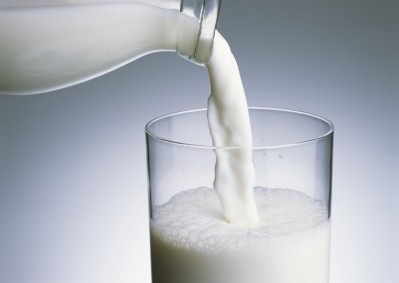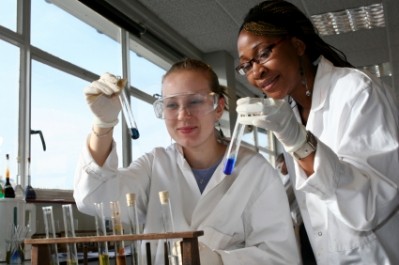Saffron extract shows anti-cancer potential
The researchers based at the United Arab Emirates University administered saffron extract to rats with diethylnitrosamine (DEN)-induced liver cancer, finding that the extract reduced cancer cell proliferation and stimulated cell death (apoptosis).
Writing in the journal Hepatology, they report that saffron significantly reduced the number and the incidence of liver nodules – with animals receiving the highest dose of saffron showing complete inhibition.
“In the fight against cancer, there has been much interest in chemopreventive properties of natural herbs and plants,” said Professor Amr Amin from United Arab Emirates University, who led the research.
“With limited treatment options, approaches that prevent cancer development are among the best strategies to protect against the disease,”
“Our findings suggest that saffron provides an anti-cancer protective effect by promoting cell death (apoptosis), inhibiting proliferation of cancerous cells, and blocking inflammation,” he explained.
Killer cancer
Liver cancer (hepatocellular carcinoma) is the fifth most common cancer and the third leading cause of cancer mortality in the world.
Amin and his colleageus explained that diethylnitrosamine (DEN) is one of the most important environmental carcinogens and is present in tobacco smoke, cosmetics, gasoline, and various processed foods including milk and meat products. DEN is also commonly used to induce lesions in rats that mimic different types of cancers.
Previous research has suggested that saffron, a natural plant product and commonly used spice, possesses significant antioxidant, anti-cancer, and anti-inflammatory properties. As such the researchers suggest that saffron extract could be a possible cancer-fighting substance that is readily available.
Study details
In order to further explore the potential of saffron in preventing the development and progression of liver cancer, the researcher team used DEN to induce lesions in rats.
Administration of saffron at doses of 75, 150, and 300 mg/kg/day was started 2 weeks prior to the DEN injection and was continued for 22 weeks.
Amin and his team reported that saffron significantly reduced the DEN-induced increase in the number and the incidence of liver nodules, and counteracted DEN-induced oxidative stress.
“This study provides evidence that saffron exerts a significant chemopreventive effect against liver cancer through inhibition of cell proliferation and induction of apoptosis,” concluded the researchers.
“This report also shows some evidence that saffron protects rat liver from cancer via modulating oxidative damage and suppressing inflammatory response,” they added.
Source: Hepatology
Published online ahead of print, doi: 10.1002/hep.24433
“Saffron: A potential candidate for a novel anticancer drug against hepatocellular carcinoma”
Authors: A. Amin, A.A. Hamza, K. Bajbouj, S.S. Ashraf, S. Daoud















